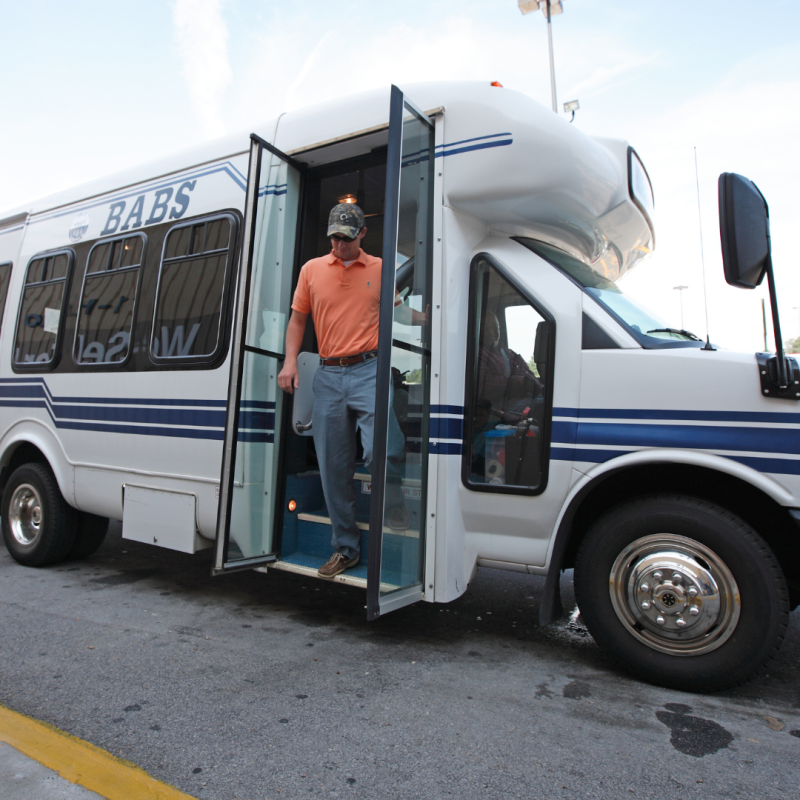The economic impacts study examines how existing transit services and operations spending generate economic value to the state. The study utilized data on system performance, capital investments, and operating expenses for all 41 agencies providing transit services in the state, including the Virginia Railway Express commuter rail system and the Virginia portion of the WMATA Metrorail system.

The direct benefits of transit investments were estimated across a range of measures illustrating the comprehensive effects that the transit industry has on the state’s economy. The economic impact of the direct benefits attributed to transit were estimated in terms of employment opportunities created, personal income earned, Gross State Product generated, and tax revenue collected. Study results are presented for statewide impacts as well as for three broad subregions of the state: Northern Virginia Urban Areas, Other Urban Areas, and Rural Areas.
A total of $1.5 billion was spent on transit in Virginia, including both operating and capital expenditures. Of this total, $1.2 billion in revenues came from public sources and $300,000 came from fares and other user fees. These transit investments led to $2.53 billion in direct benefits to the state, including travel time savings, transportation cost savings, avoided vehicle crashes, emissions reductions, fuel savings, employment benefits, and expenditure savings for transit riders. Transit investments generated roughly $3.4 billion in economic activity, measured by impact on Gross State Product.